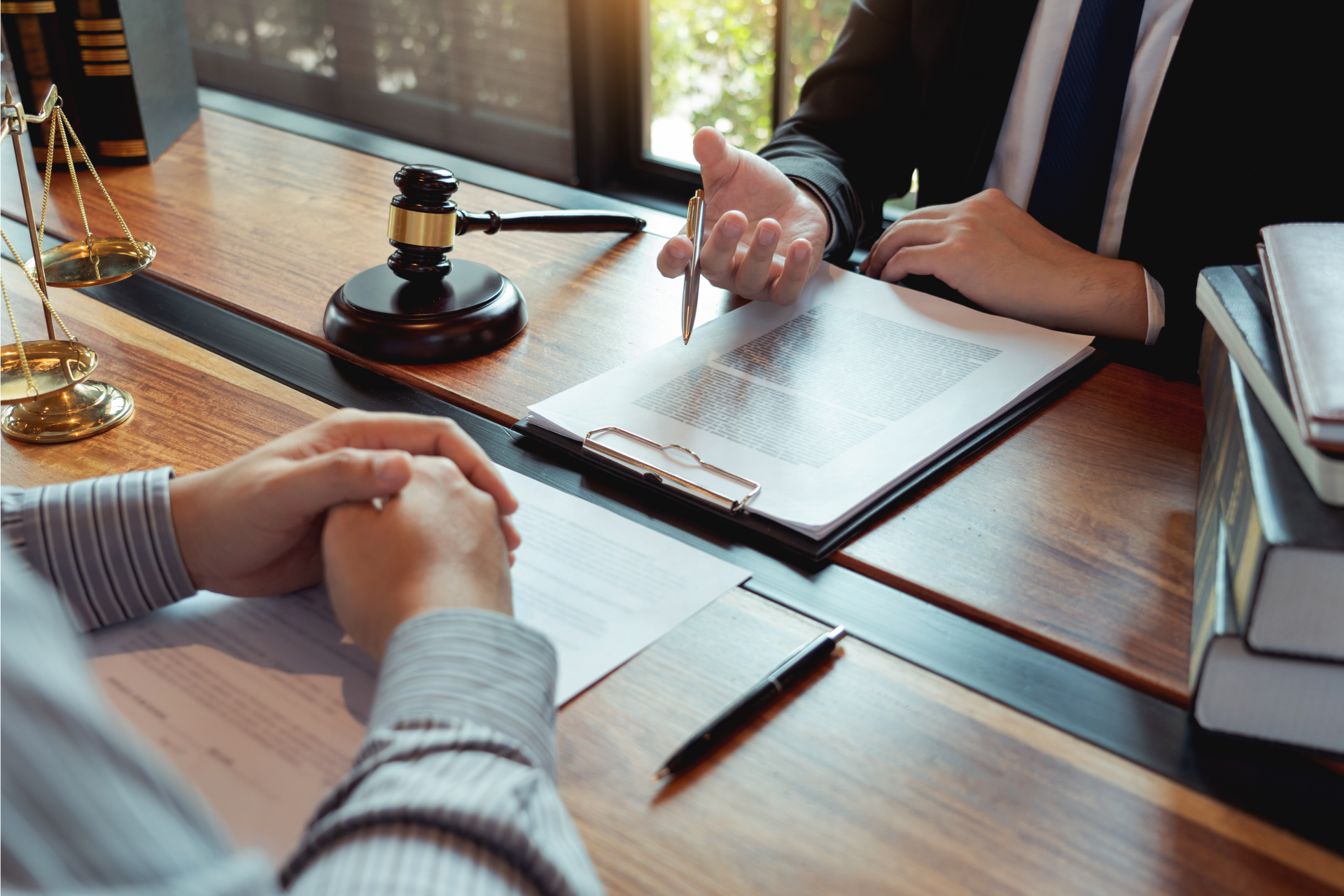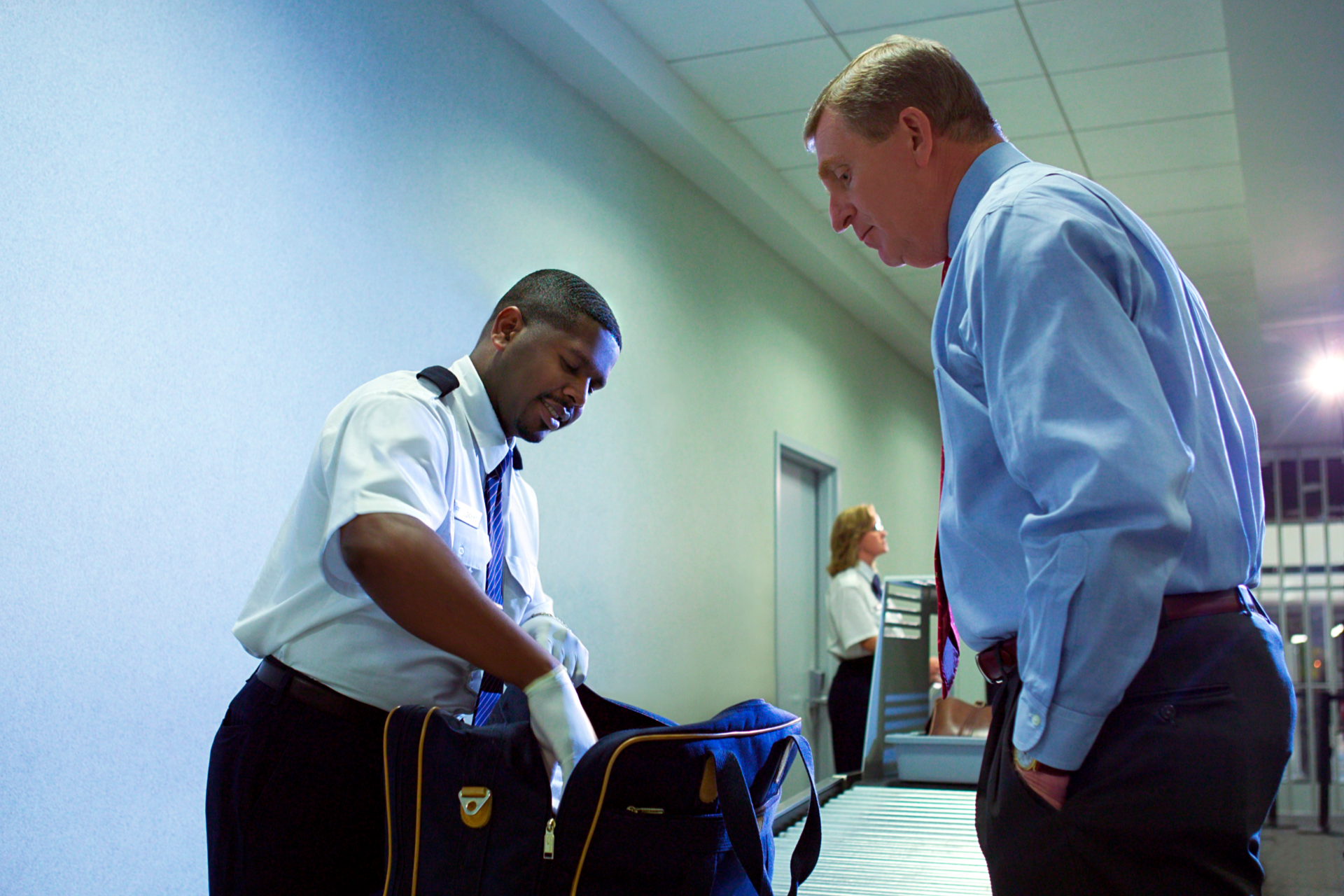Protecting Yourself Starts with Knowledge
Know Your Rights When Stopped, Searched, or Arrested in NY
When you're dealing with police, what you do and say matters—a lot. At Texido Law, we want everyone in Buffalo and across Western New York to understand their basic constitutional rights. What you say can be used against you. What you agree to might not be undone. But knowing your rights can protect you until we step in to fight.
Why Knowing Your Rights Matters
Police encounters can be confusing, intimidating, and high-stakes. Many people unintentionally hurt their own case simply because they didn’t know they had the right to stay silent or refuse a search. This page offers general guidance—not legal advice—to help you stay safe and protect your rights until you can speak with a criminal defense attorney.


You Don't Have to Talk
Under the Fifth Amendment and Miranda rights, you can refuse to answer questions beyond identifying yourself. The best thing you can often say is: "I am choosing to remain silent and I want to speak with a lawyer." Anything you say—even casually—can and will be used against you.
Ask for a Lawyer and Stop Talking
The Sixth Amendment gives you the right to legal counsel during questioning. The moment you're arrested or detained, you can (and should) say: "I want an attorney." After that, say nothing else. Texido Law is available 24/7 to represent you if you're being questioned by police or prosecutors.

Say “I Do Not Consent”
The Fourth Amendment protects you from unreasonable searches. Police must have a warrant, probable cause, or your consent. If they ask to search you, your car, or your home, you can say: "I do not consent to a search." If they search anyway, we may later be able to suppress that evidence.
Innocent Until Proven Guilty
You have the right to a trial by jury and are presumed innocent until proven guilty beyond a reasonable doubt. Texido Law prepares every case with this standard in mind. We act as though every charge will go to trial—because that’s how you get results.
Practical Tips to Remember
- Stay calm. Don’t argue or resist.
- Ask if you're free to leave. If yes, walk away.
-
- Don’t consent to searches.
- Say you want to remain silent and ask for a lawyer.
- Don’t explain, excuse, or defend yourself on the spot.
- Write down officer names, badge numbers, and patrol car numbers if possible.
- Call an attorney as soon as you can.
Disclaimer
This page is for general information purposes only and does not constitute legal advice or create an attorney-client relationship. Every case is different. If you’ve been stopped, searched, or arrested, contact Texido Law directly for a free and confidential consultation.
